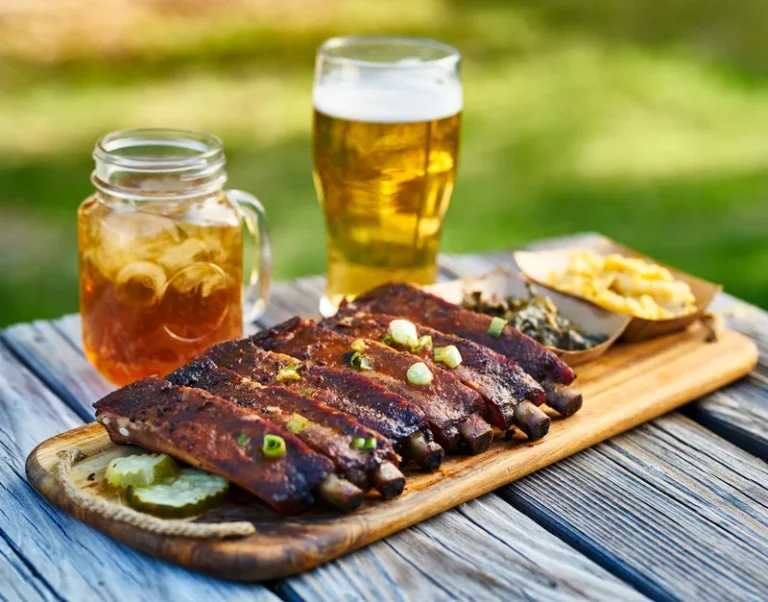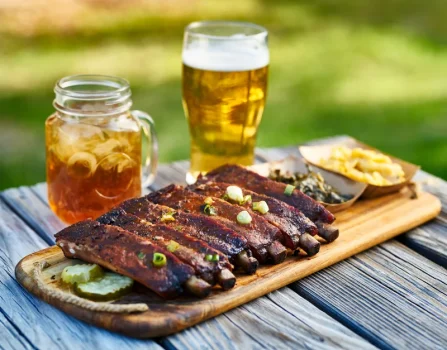
One of the most common symptoms of alcohol intolerance is getting red facial flushing, often referred to as the alcohol flush reaction. Drinking beer can indeed cause sneezing, a phenomenon sometimes referred to as beer sneezes. While it may be more common than you think, there is little scientific research on the exact number of people affected. Firstly, some people have lower levels of the enzymes required to break down alcohol, leading to a buildup of byproducts that can trigger a mild allergic reaction.
Cocaine and Alcohol: Effects and Dangers of Mixing the Two
Drinking beer can cause sneezing due to a mild allergic reaction, an intolerance to histamines, or a genetic condition that prevents the body from breaking down alcohol efficiently. While this may sound like an allergic reaction, these types of reactions to wine or beer actually have more to do with your immune system. For example, red wine contains a much higher percentage of histamines when compared to white varieties, so choose wisely if wine sneezes are known to put a damper on your evening. Some people are sensitive to sulfites and can exhibit adverse reactions to sulfite residues in foods. Such reactions can include wheezing, coughing, chest tightness, and allergic rhinitis (hay fever). In very rare cases, sulfites may cause anaphylaxis, a severe allergic reaction.

What’s the deal with wine sneezes?
Alcohol intolerance occurs when the body cannot break down alcohol efficiently, leading to immediate uncomfortable reactions such as a stuffy nose and skin flushing. The only way to prevent these reactions is to avoid alcohol or choose alcoholic beverages that do not contain the specific allergen causing the reaction. If you’re allergic to alcohol, you may experience hives, itching, swelling, difficulty breathing, and wheezing. If you experience these symptoms sneezing after drinking alcohol, you must see a doctor as you may need to be treated for an allergy. drunk sneezing This article provides clarity by explaining the key differences between alcohol intolerance and alcohol allergy. If you find yourself sneezing after consuming specific alcoholic beverages, the culprit could be an allergy to certain ingredients in those drinks.
Does the alcohol content level play a role in sneezing?

Some people are super sensitive to all wines and get on better with another low-tannin alcohol such as gin, vodka, rum, or tequila. For many individuals, alcohol-induced sneezing is indeed temporary and subsides soon after consuming alcohol. However, if it persists or becomes a consistent reaction, seeking advice from a healthcare professional is recommended. While alcohol content does not directly cause sneezing, it can contribute to nasal congestion or irritation, potentially triggering sneezing in some individuals. Your brain adapts to alcohol over time and can become less sensitive to its effects.
- If you’re looking for a way to prevent sneezing when you drink, try making your cocktails with fresh fruit juices instead of using pre-made mixes.
- As a result, their bodies produce inactive ALDH enzymes that are unable to properly break down the alcohol into acetic vinegar.
- When it comes to how alcohol impacts asthma, the conclusions are less set-in stone.
- Be sure to tell your doctor about any medications or supplements you are taking.
- Additionally, it is advisable to refrain from further alcohol consumption for the day to prevent exacerbating symptoms.
- In this article, we will explore the possible reasons behind why you may sneeze after drinking alcohol.
Can sneezing after drinking alcohol be prevented?

In conclusion, the exact reasons behind why some people sneeze after drinking alcohol are not definitively known. The most commonly proposed explanations include congestion, allergies, nerve stimulation, and genetic factors. If this phenomenon causes significant distress or worsens over time, it is recommended to consult with a healthcare professional to rule out any underlying issues. Histamine intolerance or sensitivity can make it difficult for the body to metabolize the histamines found in beer. While beer allergies are rare, alcohol intolerance is a genetic condition found more commonly in people of Asian descent.

Beer contains many ingredients, including water, malt barley, brewer’s yeast, hops, and assorted flavorings. While true beer allergies are rare, it is possible to be allergic to one of these ingredients. Histamine intolerance can be managed by taking antihistamines, which help the body process the excess histamine. However, it is important to choose non-drowsy https://ecosoberhouse.com/article/rappers-that-struggle-with-addiction/ antihistamines, especially if planning to continue daily activities. Additionally, it is advisable to refrain from further alcohol consumption for the day to prevent exacerbating symptoms.
Drinks That Are Most Likely To Make You Sneeze
In one 2005 Swedish study, those with asthma, bronchitis and hay fever were more apt to sneeze, get a runny nose or have “lower-airway symptoms” after a drink, especially women. Histamine intolerance occurs when an individual has too much histamine in their body. It is not a sensitivity to histamine but rather an indication that the person has accumulated an excessive amount. Symptoms of histamine intolerance can include sneezing, hives, Drug rehabilitation headaches, nausea, and digestive issues—similar to a common allergic response.
Allergies
- Firstly, some people have lower levels of the enzymes required to break down alcohol, leading to a buildup of byproducts that can trigger a mild allergic reaction.
- If you are experiencing any of these symptoms after consuming alcohol and you are unsure of the cause, it is recommended to raise your concerns with your doctor.
- If you experience these symptoms after drinking alcohol, you must see a doctor as you may need to be treated for an allergy.
- If you find that certain drinks trigger your sneezing, try switching to a different type of alcohol.
Individuals with pre-existing respiratory conditions, such as allergies or asthma, may be more susceptible to alcohol-induced sneezing. Sulphites are often added to wine as preservatives to keep them fresh and prevent oxidation, but they can also be created naturally during the process of winemaking. According to the UK Food Standards Agency, nearly all wines exceed 10mg/L of sulphur dioxide.